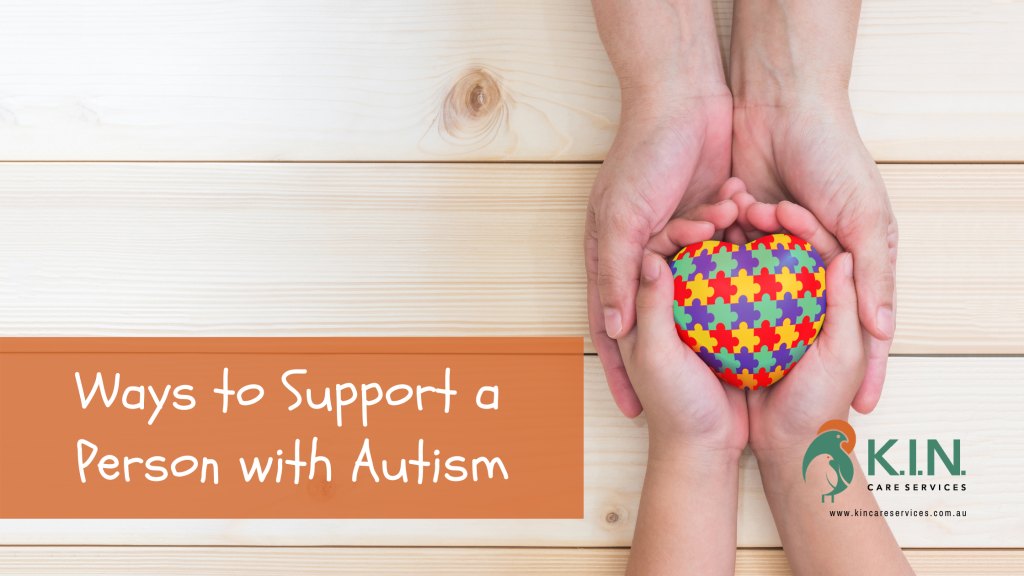It is April, and that means it is Autism Awareness Month.
According to Go Blue for Autism, autism is defined as “a complex lifelong developmental disability which can cause differences in communication, interacting with others and experiences in everyday situations.”
An Australian Bureau of Statistics (ABS) Survey of Disability, Ageing and Carers (SDAC) estimated 164,000 Australians were diagnosed as having autism in 2015 (ABS 2016). This represented an overall prevalence rate of 0.7%, or about 1 in 150 people. The number of people with autism in Australia has increased considerably in recent years, up from an estimated 64,400 people in 2009 (ABS 2014). The prevalence of ASD is reportedly growing at a faster rate than any other disability.
Given these statistics, there is a very high likelihood that you know someone who has been diagnosed with autism or a family that is caring for someone with autism. Autism is a complex condition with a variety of signs, symptoms, and severity levels. Currently, there is no blood test or ‘cure’ for autism, so early detection and intervention with treatment and services are critical to a person’s development.

Given its Autism Awareness Month, it is important to be aware of ways you can support a person with autism.
Educate yourself
By educating yourself, you are better prepared to recognise the signs and feel more confident when interacting with someone who has autism. There are many variations as to how high or low functioning a person is developmentally and intellectually. Many people depending on where they are on the autism spectrum, live as high functioning adults.
Build Rapport
Interactions will vary depending on where the person is on the autism spectrum. However, there are some common guidelines for building rapport. Firstly, always be respectful. Secondly, take the time to find some common ground when communicating. Also consider your own eye contact and touch and be patient. Remember, an autistic person’s communication style may be very different to yours.
Situational Awareness
Be aware that sensory issues are a common challenge for people with autism. This may include sensitivity to light, touch, tastes, and smell. You can avoid crowded spaces and create a welcoming quiet space to chat and avoid sensory overload.
Support for parents of an autistic child
If you have recently learned that your child has or might be diagnosed with Autism Spectrum Disorder, you are probably concerned as to where to go to for support. As a parent or carer, you are left wondering how to best help your child or you may feel confused by conflicting advice.
When you reach out to the team at K.I.N. Care Services for support, know you have a team of qualified support workers and practitioners who will work closely with you to support you and your child.
We understand that caring for a child with autism can be difficult and isolating at times which is where we come in.
Support for families with autism
At K.I.N. Care Services, we empower families with quality information and resources about Autism. Our services aim to help support families and bring about positive changes to their home environment.
We know that families are the best advocates for their children, and at K.I.N. Care Services, our team ensure they have access to the best quality information and supports to help them along the way.
K.I.N. Care Services are proud to be an NDIS registered provider for families throughout Brisbane, Gold Coast, Sunshine Coast, Ipswich, and Toowoomba. Please contact us for more information.


